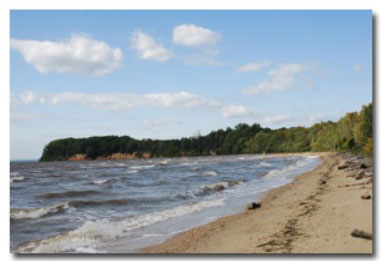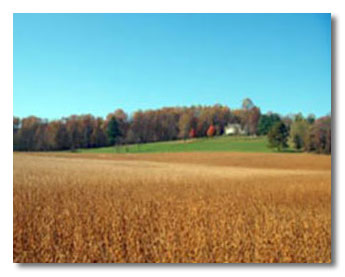 MET Easement Program
MET Easement Program
From the forested mountains of Garrett County to the shores of the Chesapeake Bay, Maryland has natural areas and scenic beauty rivaled by few states in the nation. You can play an important role in protecting Maryland's lands by agreeing to protect your land with a conservation easement.
Conservation Easement Donation Process
 To get started, spend some time thinking about your long-term plans for your property. Consider what your goals are for protecting your property.
To get started, spend some time thinking about your long-term plans for your property. Consider what your goals are for protecting your property.
Maryland Environmental Trust accepts offers of conservation easements on a case-by case basis. Significant rural properties that contain agricultural, historic, natural, scenic, scientific, open space, or recreational values may be considered. Exceptional urban properties of all sizes, especially those that would provide public access, may be considered as well. Please consult our program policy for further details.
To find out if a Maryland Environemntal Trust conservation easement matches your goals and if your property is eligible for our program contact the
Conservation Easement Program Team . We often work with
land trust partners in the easement process.
These are the typical steps involved in the Conservation Easement process.
